Let those living with PWS know they are:
Resilient
Hopeful
Determined
Beautiful
Powerful
Amazing
Loved
Shine a Light on
Prader-Willi Syndrome.
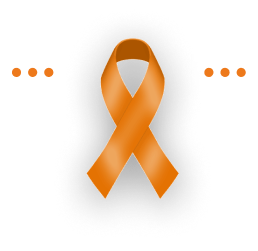
“There is no one picture of a person with Prader-Willi Syndrome. Our kids are all individuals with their own strengths, weaknesses and quirks. Help them build on their strengths and most of all, love them wherever they are in this journey.” — Elaine T, Caregiver
“Science will win!!! Let’s go and Never Give Up!!” — Juliette K, Caregiver
“We are now a family that has made PWS NOT who he and we are, instead we have chosen to embrace PWS using our voice to advocate for change and continuing to be involved with family support to offer that same hope that we were given so many years ago.” — Tammie P, Caregiver
“In our journey of life, every challenge we face is an opportunity to grow stronger. Sharing the stories, hopes and dreams of our loved ones with PWS remind us of their resilience and how truly inspiring each of our children are! The best is yet to come!!” — Paige R, Caregiver
“Having PWS is hard but it does not define who you are. Anyone living with PWS is so much more than a diagnosis, we are people with hopes and dreams. Don’t limit anyone because of a diagnosis.” — Justice R, Individual with PWS
“There are moments in our life that are extremely hard and really dark, but there are also moments that are incredibly beautiful and those tend to wash away the darkness. I didn’t ask for this life nor did you but how you chose to live each day is yours. Believe in yourself. I believe in you.” — Lindsey B, Caregiver
“We see the depth of your hearts, your kindness, your care for others. Your humor and insights don’t go unnoticed. Your creativity and curiosity are spectacular. You ride horses, swim, dance, cook or read in ways that you never knew you could! We know you add so much goodness to the world already. And we know you have more you’d like to do. So we won’t stop until you can. And in the meantime, we’ll be here to share in every race, every laugh and every milestone. We’ll celebrate the whole way there with you.” — Dini R, Caregiver
“Never lose your faith, hold on tight to your dreams everything is possible you’ll get there maybe not as fast as others but you will get there 🧡” — Ines P, Caregiver
“I’ve been working with people [with PWS] since 1986. I never ceased to be amazed by people with PWS and their tenacity, sense of humour, warmth, friendliness and togetherness.” — Myles K, Friend & Ally
“My son [has a] “22” PWS deletion. Brayden has taught me patience, he has taught me that I am strong enough to battle this with him even on days I wanted to scream and throw in the towel. All you new parents hang in there. It’s not all bad. I know it seems hopeless but there are good days too! Focus on those! Do not be afraid to ask for help or advice!” — Gary “Brayden” L, Caregiver
“My son Roan is only 2.5 years old, yet has shown so much courage and strength…He has so much light and love to give, that everywhere we go, people are drawn to him and just adore him. He wants to be friends with everyone and loves everyone. He is super duper special. No matter what, he will always be amazing.” — Sara F, Caregiver
“We’ll still take her to the mall. We’ll still go out to eat. We’ll still go to amusement parks. We’ll still go visit family, we’ll still travel. We will continue to do all those things. This is our chance to show our child the things that she can do so when she gets to that age and she is independent, she knows, ‘Hey, I can still go do these things.’” — Charles C, Caregiver
“You got to know their limits, but sometimes you got to set the bar high for them so that they can go to it. And Angelica is definitely doing that and we’re thankful for that. The hope is that there’s life beyond the preoccupation of food. That our life doesn’t have to be centered around it.” — Genelle C, Caregiver
“If you’re looking for new opportunities and to participate in things and you don’t know if you have the strength to do it, just try it and do it and just see where it’ll take you. It can open doors and open your eyes to things you couldn’t even imagine” — James T, Individual with PWS
“Clementine’s smart, she’s funny, she’s kind. She’s honest. She’s the sort of person that everybody should be at heart and she deserves the same chance to live her life as anyone else would.” — Kelly G, Caregiver
“Hyperphagia doesn’t always look the same for every person. It differs from person to person. This is a spectrum syndrome, and that is also something that is a spectrum in how it presents. It is a legitimate hunger signal. It’s the same hunger signal that I would have if I were starving and my body said, you have to eat now or you’re going to die. It is legitimate. The signal goes out and it never turns off. ” — Kelly G, Caregiver
“And then school, trying to make friends when everybody else could go out and do things, but I couldn’t because I was too tired or the food. I was so worried that I was going to do something that would hurt me. I had to kind of grow up kind of fast just so I could keep myself protected. ” — Justice R, Individual with PWS
“Hyperphagia is a huge spectrum. There are kids on one end of the spectrum where everything needs to be locked up, where they have this drive for food that is so intense and it breaks my heart. And then there’s kids at the far other end where parents don’t need to lock stuff up, where kids have been able to do other things, but that doesn’t mean that they don’t have hyperphagia. They all feel it different, but it’s real and it’s hard, and it can literally take over their lives and make everything they do hard. ” — Kristi R, Caregiver
“My hope for the PWS community is that we will able to live independently, because we’re not just a person with a diagnosis. We are people with hopes and dreams.” — Justice R, Individual with PWS
Prader-Willi syndrome (PWS), a spontaneous mutation in chromosome 15, occurs in one out of approximately every 15,000 live births.

1:15,000 births
Occurrence of PWS1

350,000-400,000
Estimated people worldwide with PWS2

Age 1
The age nearly all patients are diagnosed by3
Meet More of the PWS Community
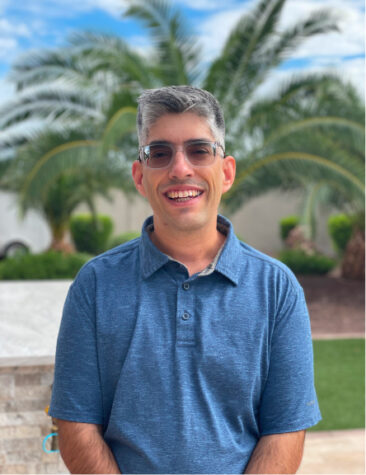
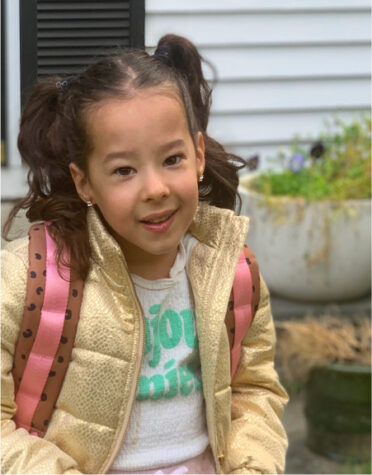
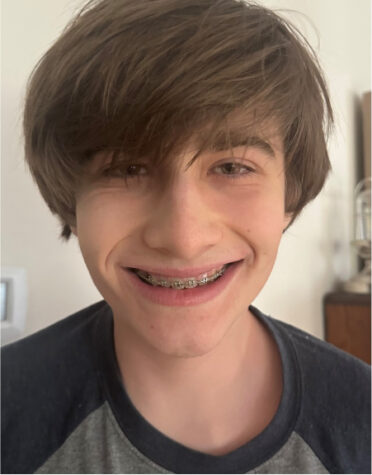
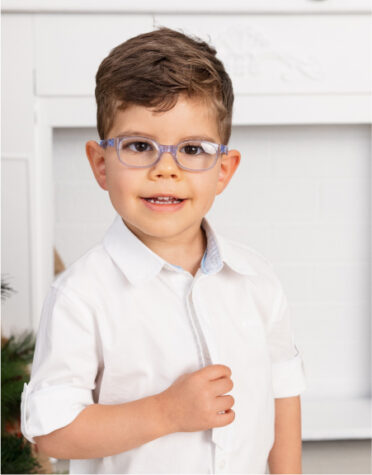
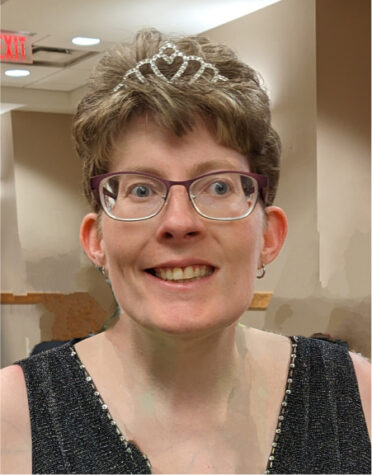
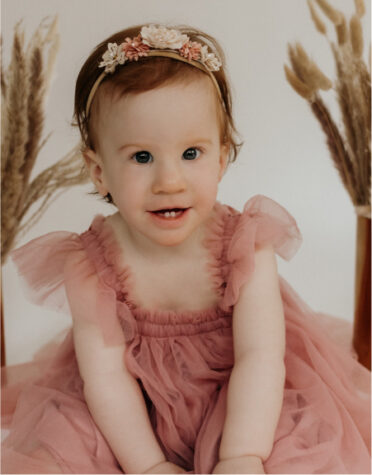
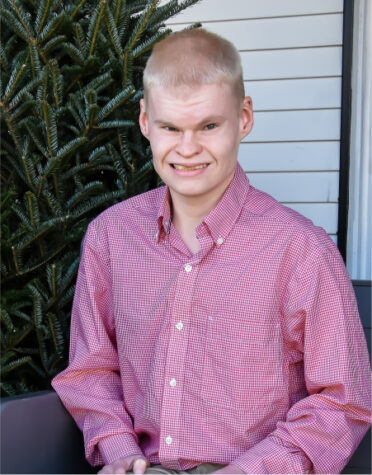
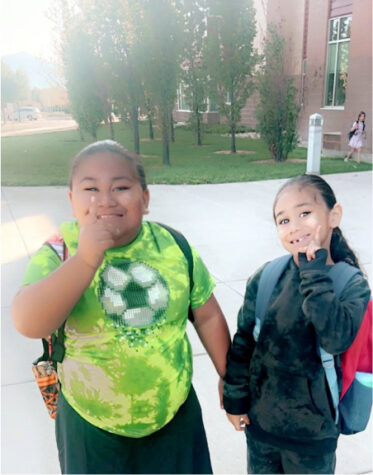
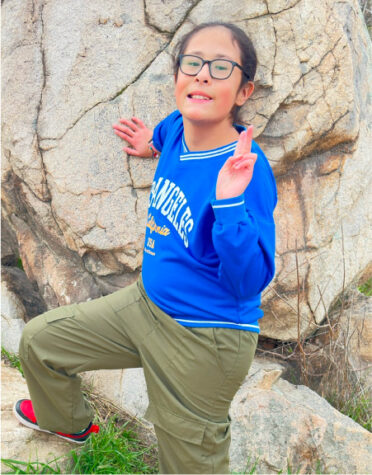
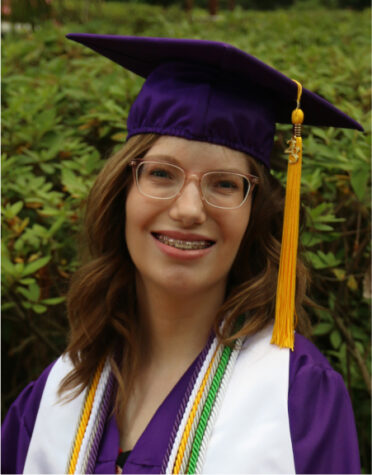
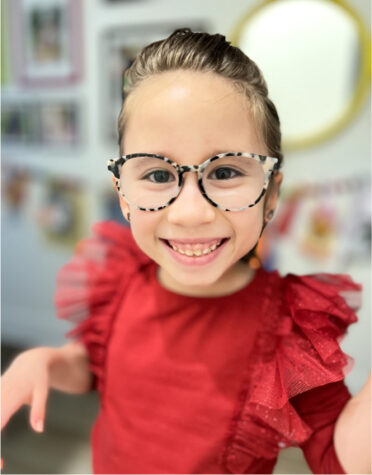
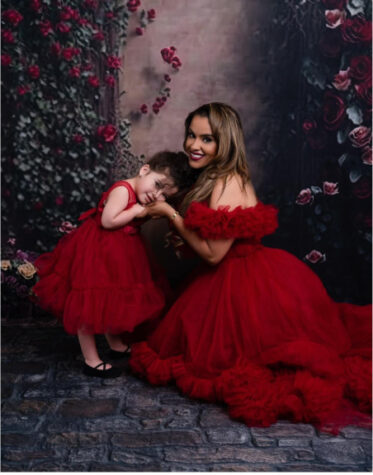
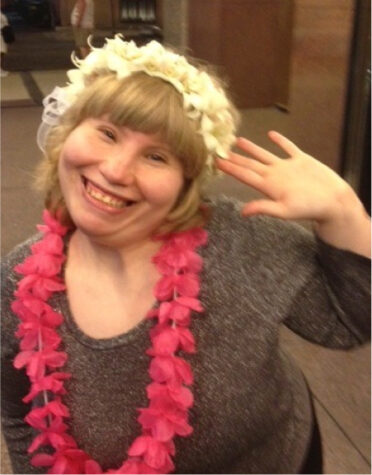
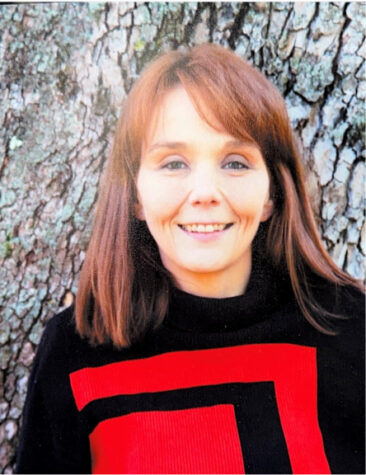
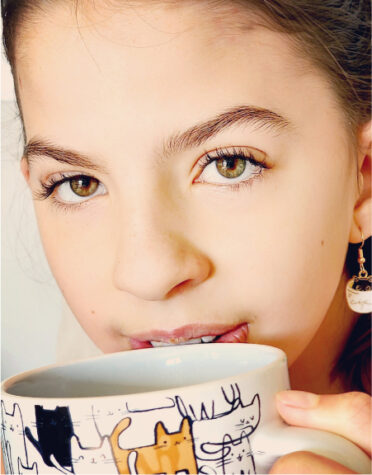
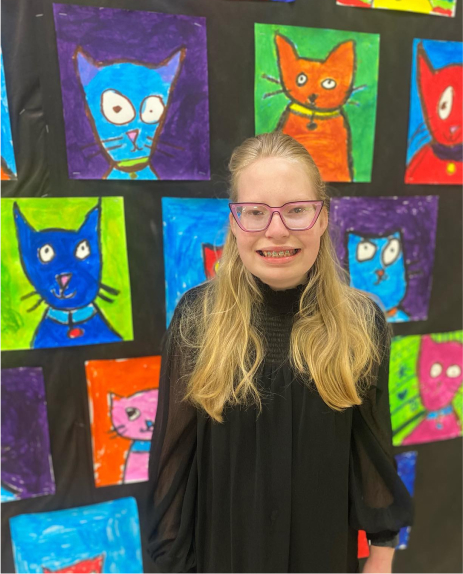
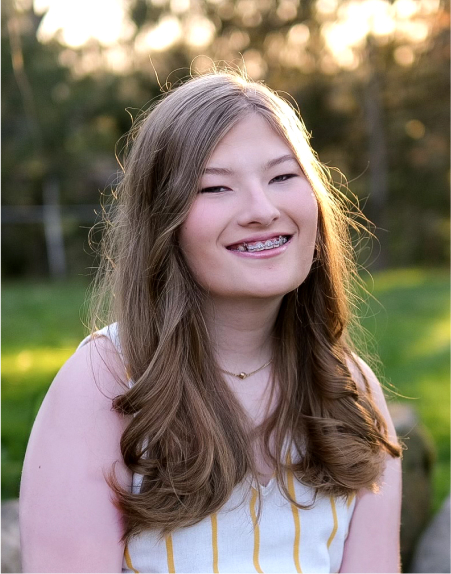
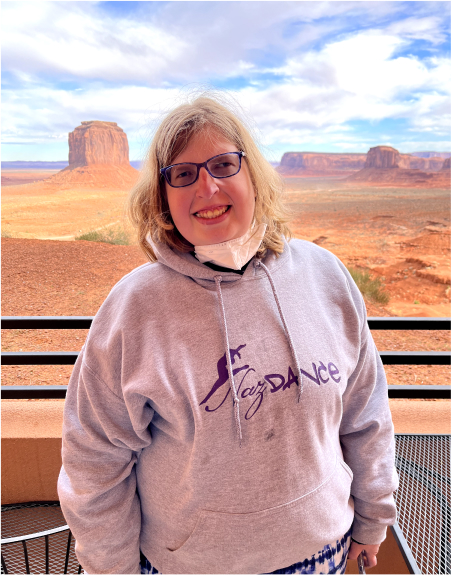
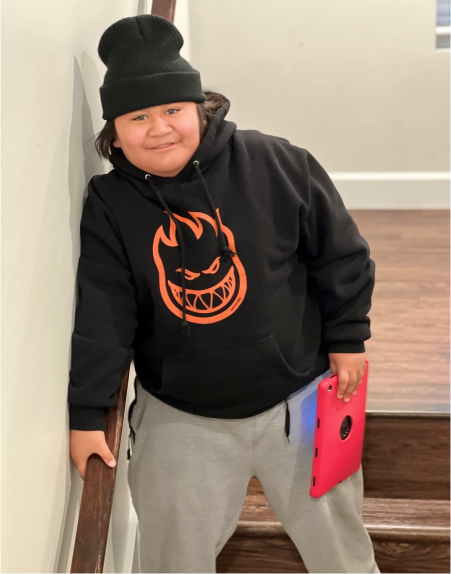
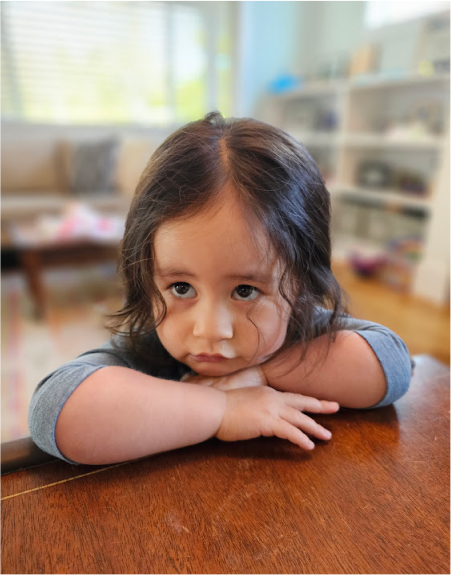
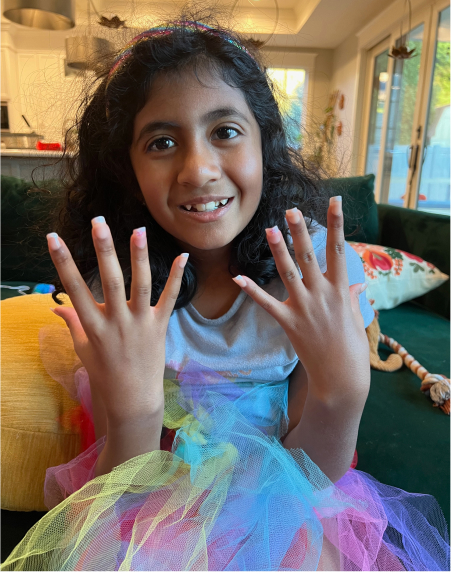
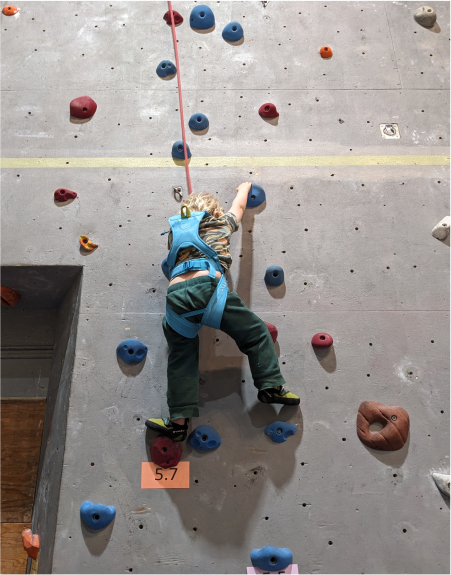
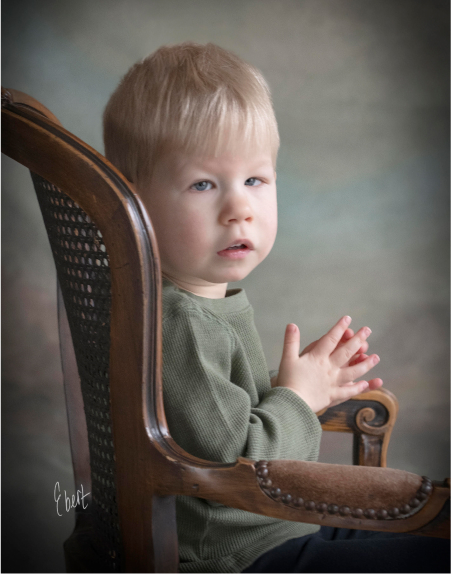
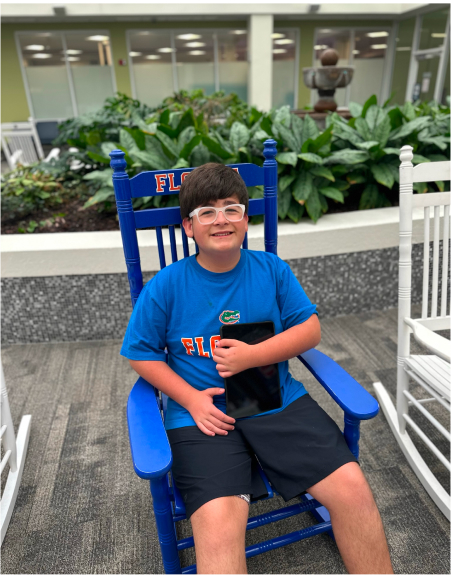
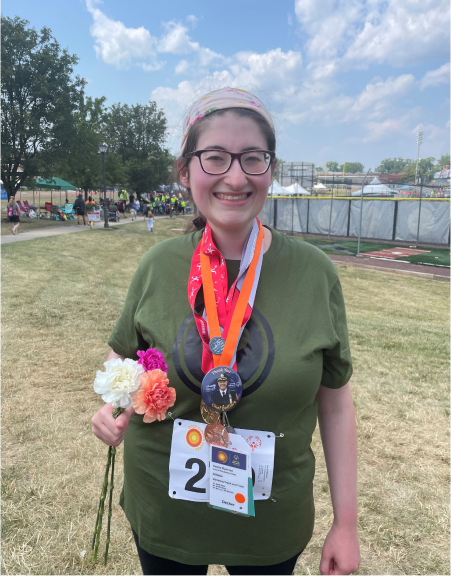
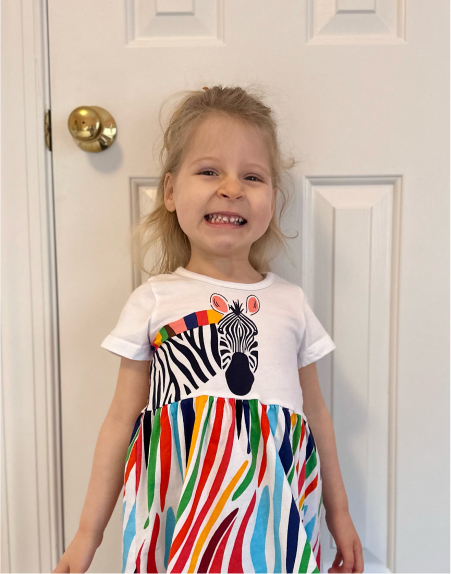
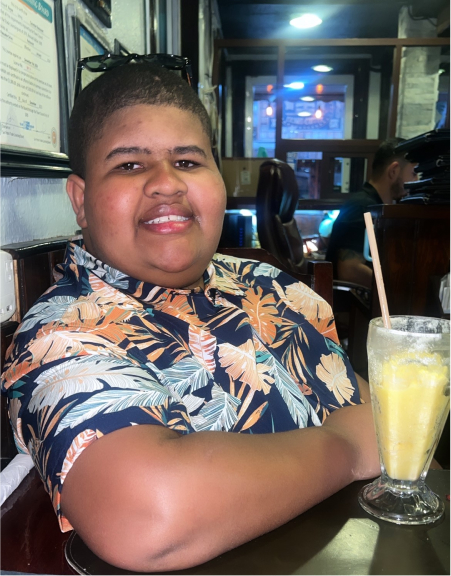
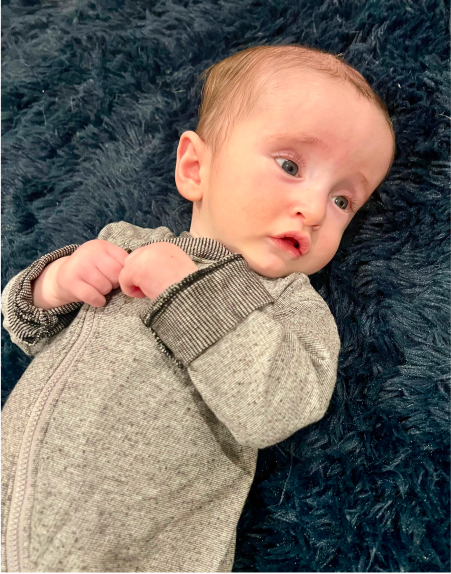
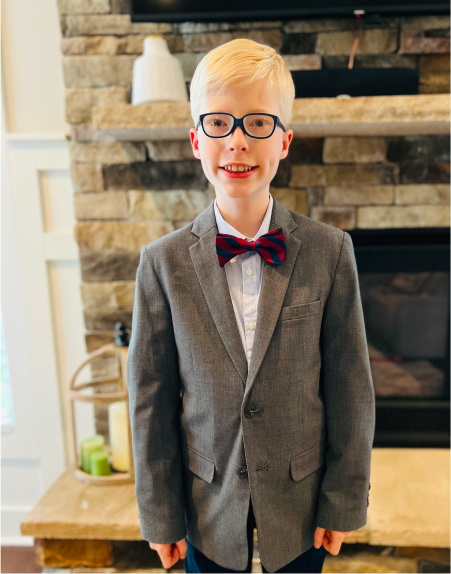
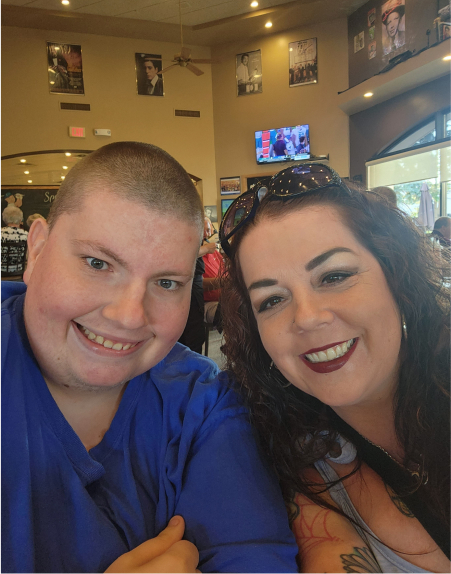
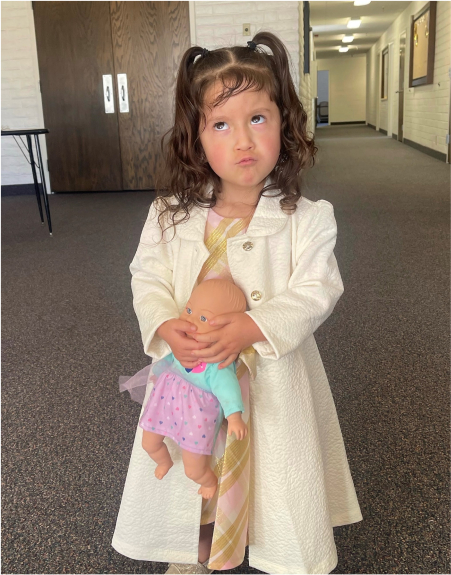
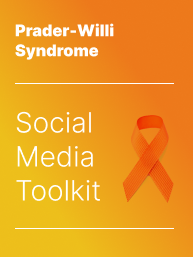
1. Lionti T, Reid SM, White SM, Rowell MM. A population-based profile of 160 Australians with Prader-Willi syndrome: trends in diagnosis, birth prevalence and birth characteristics. Am J Med Genet A. 2015;167A(2):371-378.
2. Butler MG, Hanchett JM, Thompson T. Clinical findings and natural history of Prader-Willi syndrome. In: Management of Prader-willi Syndrome, Butler MG, Lee PDK, Whitman BY (Eds), Springer, New York 2006.
3. Bar C, Diene G, Molinas C, Bieth E, Casper C, Tauber M. Early diagnosis and care is achieved but should be improved in infants with Prader-Willi syndrome. Orphanet Journal of Rare Diseases 2017; 12:118.